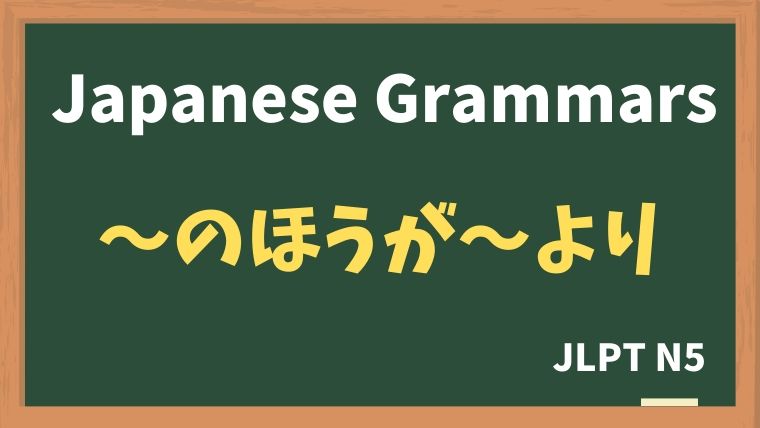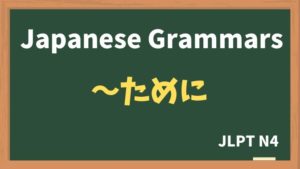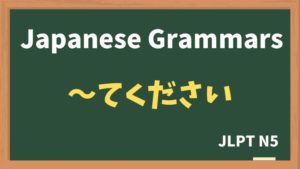
Explanation:AのほうがBより・・・です
fa-check-circleMeaning
"A is more ... than B"
Used to make comparisons, indicating a preference or comparison between two things. It translates to "is more ~ than ~" in English, where one option is compared as being "more" or "better" than the other.
fa-check-circleForm
N1のほうが N2より Adjectiveです
fa-check-circlePoints
- Comparison: Used to indicate which of the two items is better, more, or preferable.
- Flexible with Adjectives: Works with various adjectives to express comparisons such as larger, faster, more interesting, etc.
- Common in Everyday Speech: Often used in casual conversations to express preferences.
fa-check-circleJLPT Level
N5
fa-check-circleNote
You can also say "BよりAのほうが・・・です。"
Sample sentenes
私は 韓国料理のほうが 日本料理より 好きです。
I like Korean food more than Japanese food.
トムさんのほうが ジェームスさんより 歌が 上手です。
Tom is better at singing than James.
電車のほうが バスより 速いです。
A train is faster than a bus.
私は 寿司のほうが 天ぷらより 好きです。
I like Tempura more than Sushi.
田中さんのほうが 木村さんより かっこいいです。
Tanaka is more handsome than Kimura.
カタカナのほうが 漢字より 簡単です。
Katakana is easier than Kanji.
NARUTOのほうが ONE PIECEより おもしろいです。
NARUTO is more fun than ONE PIECE.
私の 国のほうが 日本より 暑いです。
My country is hotter than Japan.
なつのほうが ふゆより すきです。
I prefer summer over winter.
Vocabulary
| Japanese | English |
| かんこくりょうり | Korean food |
| すき | to like |
| うた | song |
| じょうず | to be good at |
| はやい | fast |
| かっこいい | great - looking |
| かんたん | easy |
| おもしろい | interesting |






